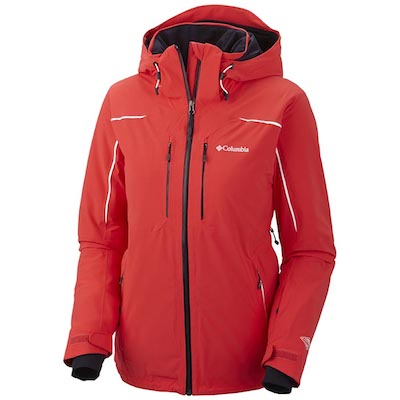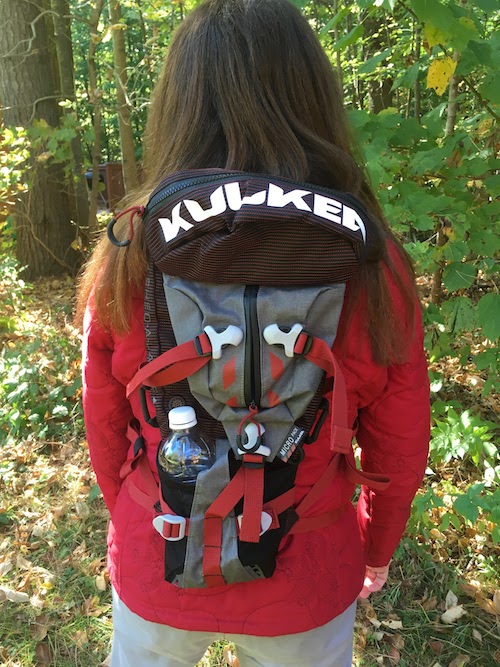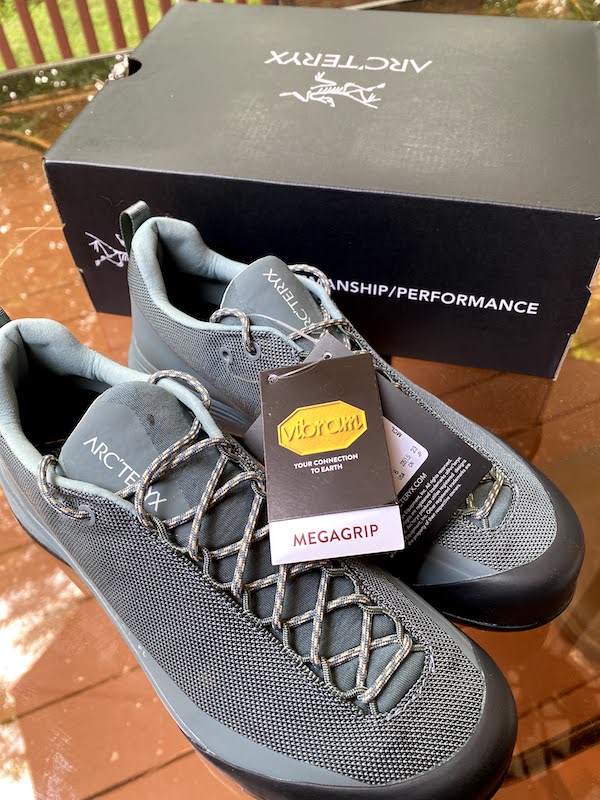Picture this: you’re skiing down the mountain and you want to listen to music. So you say, “Hey, Cardo, music on,” and your tunes start playing. They’re not loud enough, so you say “Hey, Cardo, volume up,” and presto! There’s your favorite song, at just the right level. All of a sudden you spot your friend some distance ahead, and you want to tell them to wait. So you say, “Hey, Cardo, microphone on,” tell them to stop, and hear them reply, “A-okay.”
That’s pretty much the PackTalk Outdoor experience, a voice-activated audio communicator from Cardo Systems. It uses Bluetooth to stream music directly from your smartphone to speakers in your helmet, and connects up to 15 people via a wireless, handsfree intercom — no cell service or wifi required. Not only that, it lets you take (or ignore) phone calls, interacts with Siri or Google Assistant, and is extremely simple to install and use.
Pretty cool, right? I thought so, too. And recently, I had the chance to try it out. Cardo sent me two systems: one for me and one for a buddy (in this case, my husband). Because what’s the point of a communications system if you don’t have anyone to communicate with?
First, what’s Cardo?
If you haven’t heard of Cardo, I’m not that surprised. Cardo has been making helmet audio communication systems for motorcycle riding since 2004. So unless you’re a motorcycle-riding skier, the company may be new to you. Nonetheless, they’ve pioneered the vast majority of innovations for Bluetooth and mesh motorcycle communication systems. The PackTalk Outdoor is an outgrowth of that, with some tweaks that make it more suitable for skiing and riding.
Features of PackTalk Outdoor
• Provides up to 10 hours of talk time
• Operates in temperatures as low as -20°C/-4°F
• Has a range of up to 1km/0.6mi
• High definition 40mm speakers that deliver crisp, clear audio
• Easy installation
• Lets you make or receive phone calls while your phone stays in your pocket
• Waterproof
• Operates with Siri or Google Assistant
Installation
Cardo gives you everything you need to get started: Speakers to put in your helmet’s ear pockets; velcro pads to attach the speakers if your helmet doesn’t have ear pockets; the PackTalk unit; a USB charger for the unit; a small microphone that velcroes to your helmet strap (this is for picking up your voice commands); and more. Installation is fairly easy, thanks to a video the company has published on YouTube. Basically, all you do is this: Insert the speakers in your helmet’s ear pockets, mount the microphone to your helmet strap, mount the PackTalk unit to the outside of your helmet (don’t forget to charge it first), and plug it in. After that, turn it on, pair it with your phone, and you’re good to go.
So how’d it go?
Like anything else, getting oriented to the PackTalk Outdoor System takes some getting used to. The company’s video helped a lot, but it took a few days of using it on the slopes to get comfortable.
First, here’s what I liked:
• Great sound. I’ve used audio systems in my ski helmet before, and the PackTalk is significantly superior to anything else I’ve tried.
• Communication is super easy. The mic is on by default, so you don’t need to fiddle with anything to talk to other members in your party. Pairing your PackTalk with others is simple, too.
• The voice commands are pretty cool. It’s great to have total hands-free operation. You don’t need to touch anything to make it work. Say “Hey, Cardo, music on,” and your music starts up. Say, “Hey, Cardo, mute microphone,” and it’s muted. You get the picture. Yes, you can also operate it manually via the unit mounted on your helmet, if you like. A word of caution: Be sure to use the exact wording provided in the manual. For example, you can’t say, “Hey, Cardo, turn the music down.” It won’t work. (The correct wording is, “Hey, Cardo, volume down.”) This isn’t hard; it just takes some getting used to.
• Phone interaction. I’ve taken calls with this just by saying, “Answer,” and it does. When you’re done, say, “Hang up.”
• Easy software updates. Download the app on your phone, and you can instantly update PackTalk, as needed. This way, you can always stay current with new PackTalk features and capabilities.
And now the cons:
• It really doesn’t seem to like Vermont hard pack (translation: ice). You know that horribly loud scritch scritch sound you hear when you’re skiing on boilerplate? This seemed to overwhelm the PackTalk to the point where it had trouble hearing voice commands. I had to repeat myself several times before it registered what I wanted it to do when I was skiing. (Workaround: Make your commands on softer snow or when you’re not moving.)
• Yes, installation is simple, though there are some hiccups. For example, I have a Smith helmet where the zipper for the ear pockets goes from left to right. This is is the direct opposite of what’s needed for the wires to exit the pockets and connect with the PackTalk unit. You can work around this by mounting the speakers on the inside of the pockets (using the velcro pads), but to me, this is less than ideal. Given the ubiquity of Smith Helmets, I’d rather there was another way.
• The range for the intercom isn’t quite as far as advertised. I understand that the lay of the land or other obstructions can cause this to happen. Yes, the connection is automatically restored when you get closer to your partner. Just be aware of this going in.
• If you mute the microphone, you’ll hear a double beep at regular intervals until the mic is un-muted. While it pays to know the status of the mic, I found it a bit annoying. Also, until I contacted customer service, I had no idea what the double beeps even meant. (I must have missed this somewhere, because I didn’t see it in the manual.) Customer service told me they’re working on an alternate solution. I hope so.
• It’s a bit pricey. One unit runs you $249.95. That said, it’s a premium unit with more features than other audio units offer. So you have to take that into consideration.
So what’d you think, Ski Diva?
Do the cons outweigh the pros? Not at all. The PackTalk Outdoor is a very cool system that definitely has a place on the mountain. Is there room for improvement? Yes. But I can’t think of any other system with the same capabilities that’s easier to use. I can easily see this as a great system for families who want to stay in touch with kids on the hill, or for ski instructors to offer feedback during lessons.
For more information on the PackTalk Outdoor, go here.



